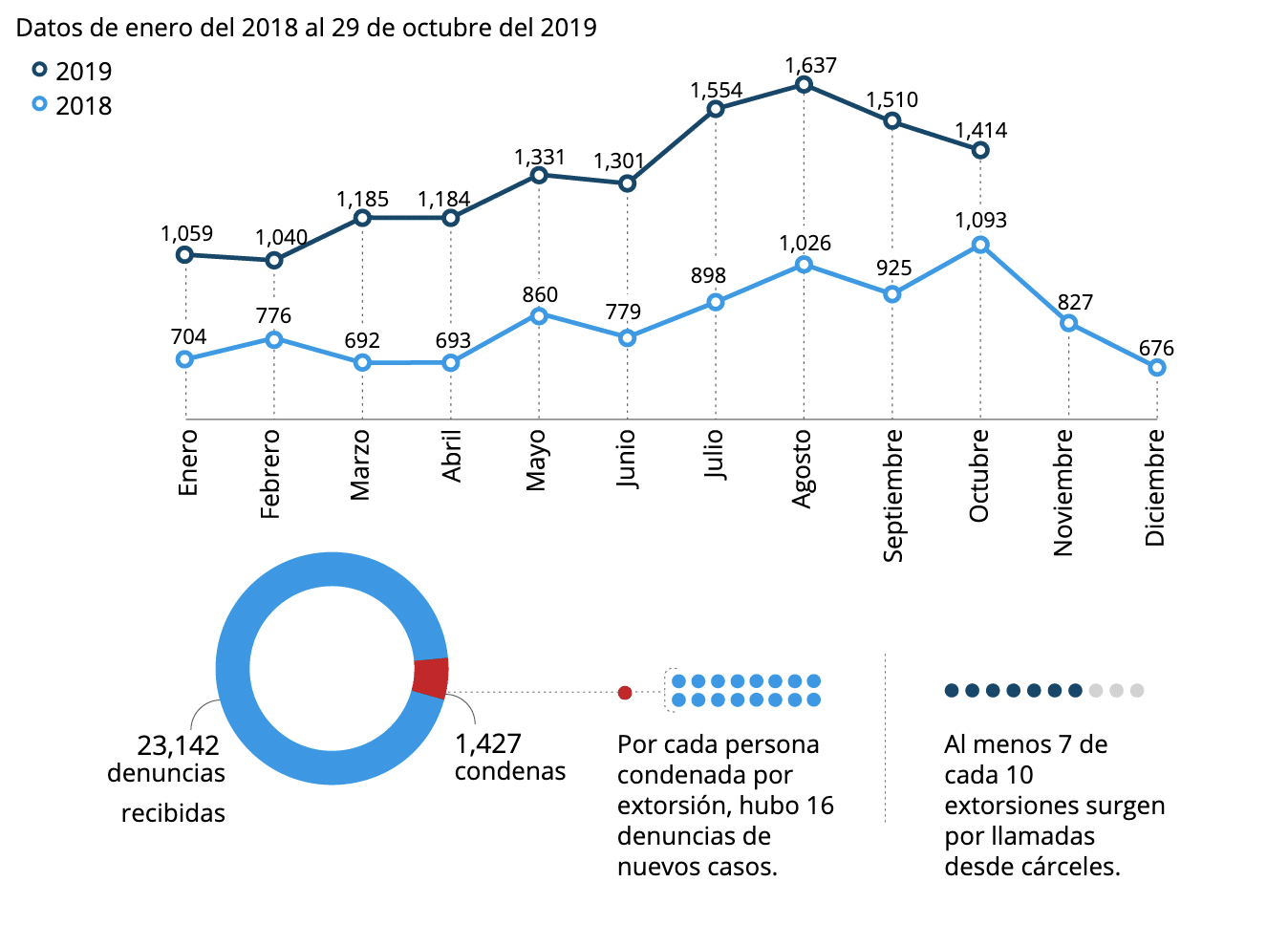Police officers on patrol in Guatemala came under fire as they investigated colleagues for allegedly demanding payments from local gang members, underscoring the breadth of extortion in the Central American nation.
The gun battle left five National Police (Policía Nacional Civil — PNC) officers injured, while a patrol car and motorcycle were set ablaze. The exchange of fire took place in the El Amparo community just north of the capital, Guatemala City, authorities announced November 22.
Alongside agents from Guatemala’s Attorney General’s Office, officers were following up on a report that officers belonging to an elite unit from the PNC’s 14th precinct were extorting gang members in the area. Upon arriving at the scene, the dirty officers opened fire in an effort to escape, but they were ultimately captured.
SEE ALSO: Guatemala News and Profiles
Evidence in the ongoing investigation suggests that the extortion ring may be headed by police commanders, rather than consisting of just a couple of rogue officers, according to an investigator with the Attorney General’s Office and a former anti-corruption intelligence official who spoke to InSight Crime on the condition of anonymity.
PNC spokesman Jorge Aguilar said that the institution “will not tolerate any acts of corruption within its ranks,” Prensa Libre reported.
InSight Crime Analysis
Dirty cops firing on their counterparts to avoid arrest is an extraordinary display of how deeply extortion rackets have corrupted the force.
The battle comes amid a notable increase in reported extortion. Between January and October of 2019, authorities in Guatemala have registered 13,203 cases of extortion, a 32 percent increase from the 9,939 cases that were recorded in all of 2018, according to an investigation from Prensa Libre.

(Graphic courtesy of Prensa Libre)
An in-depth investigation released in April 2019 by InSight Crime and the Global Initiative Against Transnational Organized Crime found that extortionists in Guatemala earn some $61 million each year. Extortion is particularly rife in Guatemala City. Most often, powerful street gangs like the Mara Salvatrucha (MS13) and Barrio 18 target everyone from bus operators to small business owners, but active duty police officers have also run their own extortion schemes at times.
SEE ALSO: InDepth Coverage of Extortion
The widespread fear instilled among community members from such rampant criminal activity has also given space for copycat groups to operate, which pose as gang members to extort and terrorize victims. Guatemala’s former interior minister, Francisco Rivera, told InSight Crime investigators last year that he believes one in every four extortion attempts is the work of copycats.
Extortion has long been a main avenue through which street gangs exert territorial control, the bedrock of their criminal operations. At the same time, authorities have struggled to keep extortion in check. Of the 23,142 extortion cases recorded in the last two years, less than 10 percent have ended in prison time for the alleged perpetrator, according to Prensa Libre.

